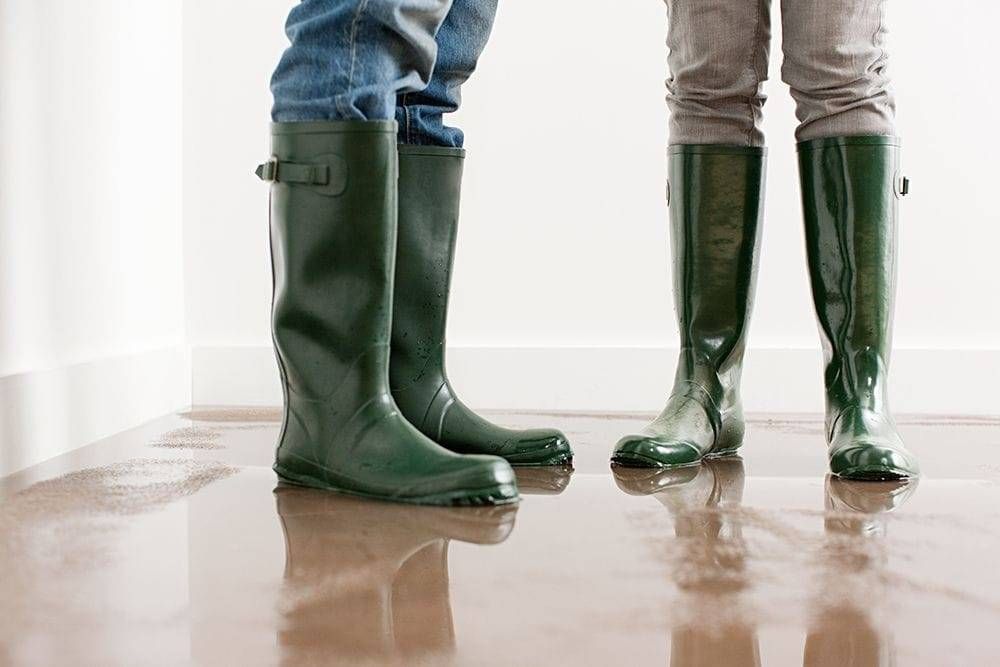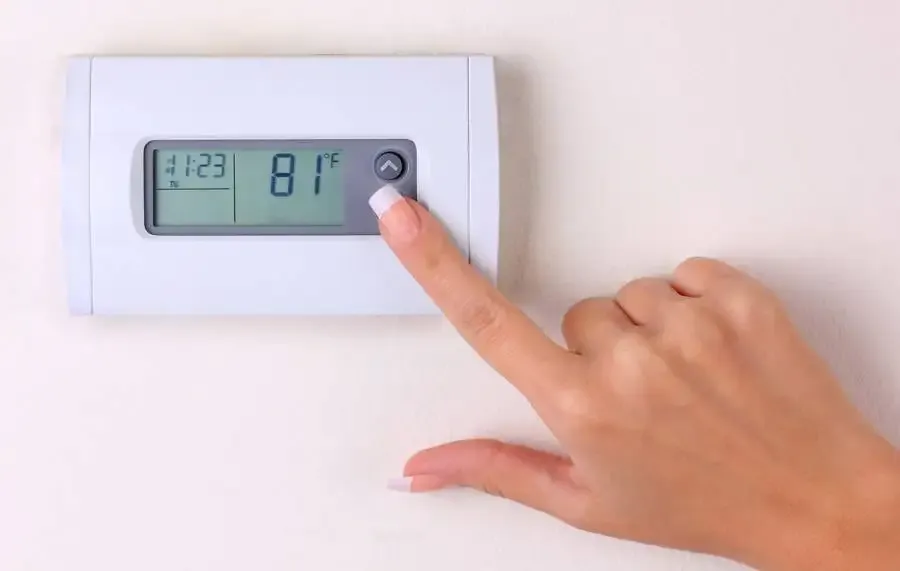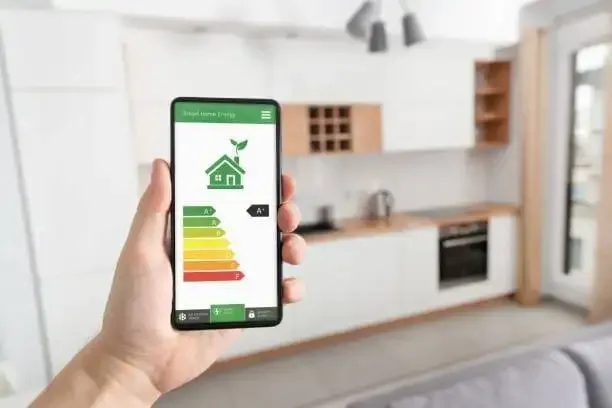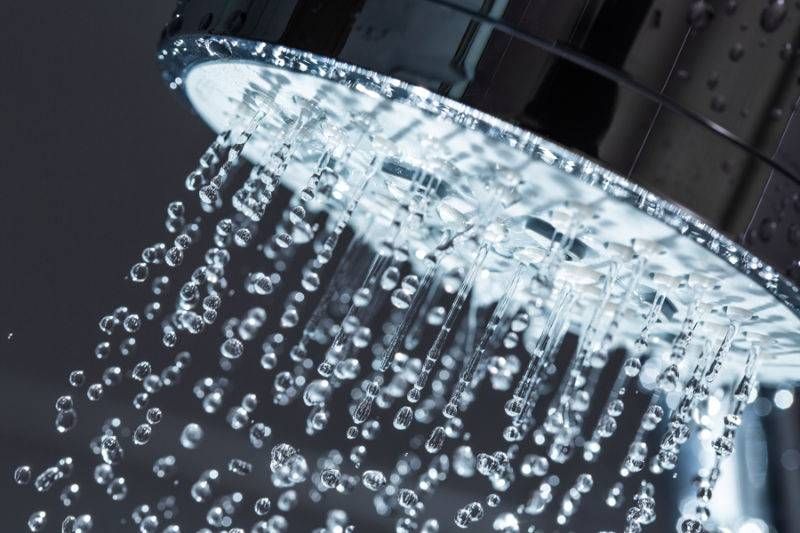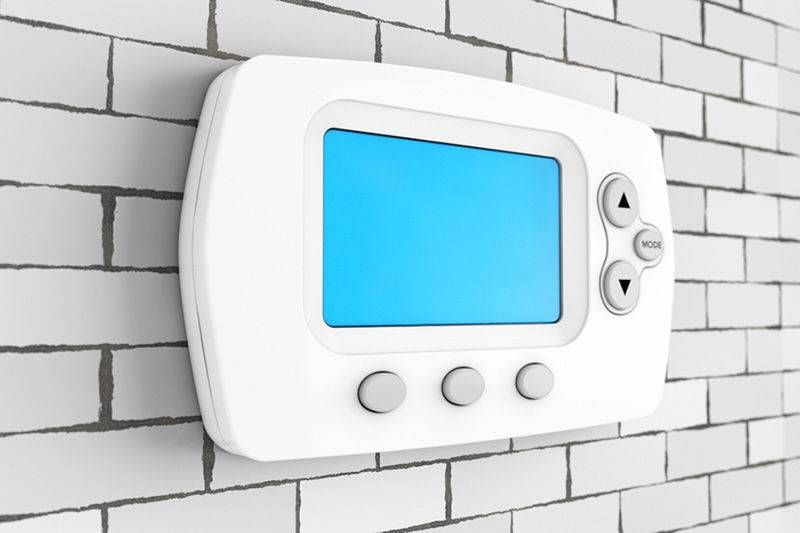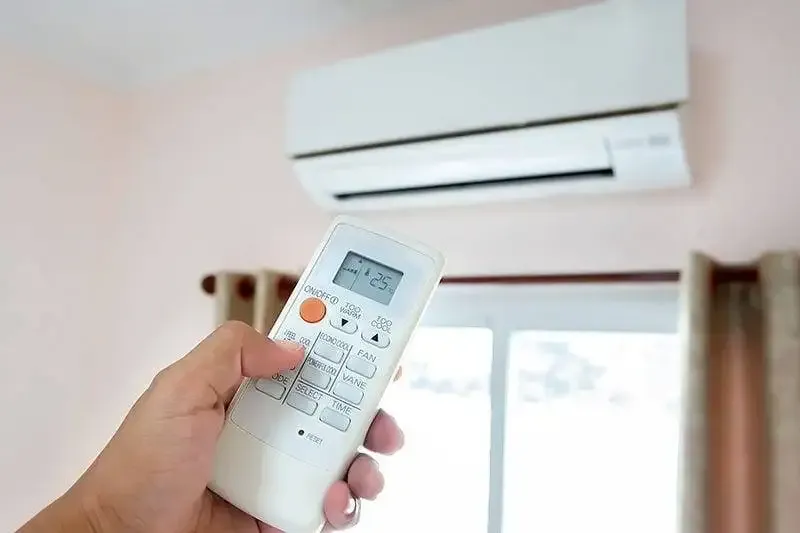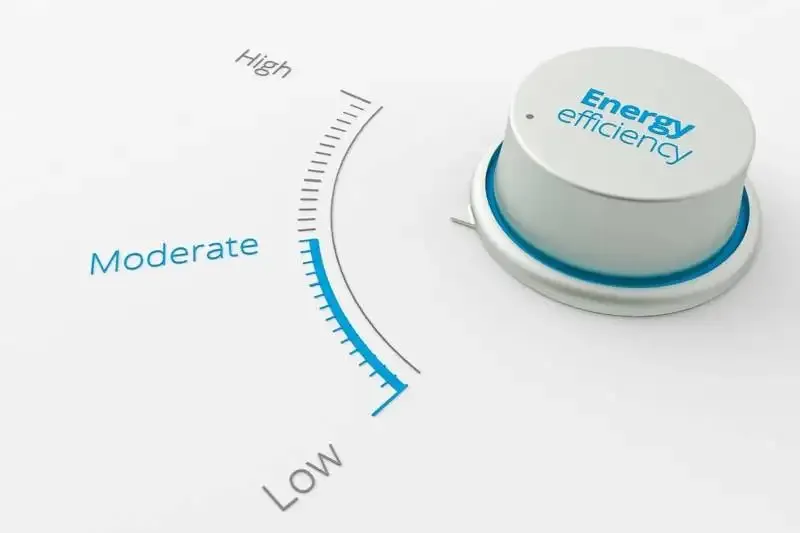Why Is My Furnace Leaking Water?
You just discovered there is a puddle of water on the floor in front of your furnace. What does this mean? Why would your furnace be leaking water?
It could be a few different things. In most cases, it is not a big repair, so keep calm.
However, you will need one of our Balance Point Heating, Cooling & Plumbing (HVAC) professionals to take a good look at it and resolve the issue for you.
Because No One Wants to Be in Deep Water
Do not delay. Any issue dealing with water can quickly get complicated if not addressed in a timely manner. It can also speedily snowball into affecting other areas of your Fort Collins home—like mold, creating poor indoor air quality (IAQ).
Schedule one of our highly trained professionals to come out to your Colorado home as soon as possible.
How to Identify Your Furnace Type
There are a few different reasons your furnace could be leaking water, but the most common reason is a condensation leak. Before a causal determination can be made, our HVAC expert needs to know what type of furnace you have.
Is it a high-efficiency (condensing) or standard-efficiency (conventional) furnace? If you are not sure, it is easy to tell on your own. Take a look at its vent or exhaust pipe. If the pipe is white plastic (PVC), then your furnace is a high-efficiency system.
Another way to tell what is what is by the annual fuel utilization efficiency (AFUE) rating. If the rating is 90 percent or more, your furnace has a cool exhaust and produces condensation, therefore, it is defined as high efficiency.
On the other hand, if your furnace has a metal exhaust pipe, it is a standard-efficiency furnace and should not have condensation. It will have an AFUE below 90 percent.
Unfortunately this is not always the case, especially in older models. Taking a look at the vent or exhaust pipe is a fairly accurate technique, so do not worry if you do not know your furnace’s AFUE rating.
The Possible Causes of Your Leak
Again, the most common reason for a leaking furnace is a condensation leak. High-efficiency furnaces extract heat from the combustion gases for a longer period of time than a standard-efficiency furnace does, causing the gases to cool, then condense. Condensation is routed to a drain.
You might have a clogged condensation drain or tubing, a break in the condensation line, or issues with the condensate pump, if you have such a pump.
A standard-efficiency furnace extracts some heat from the combustion gases and quickly vents them out the exhaust or flue pipe. So there should be no water involved with a standard-efficiency furnace. If there is a condensation leak, the exhaust or flue pipe may be incorrectly sized.
You really need one of our HVAC professionals to assess what is going on in your Fort Collins home. If we rule out a condensation leak, we can then help you with the other possibilities.
One such issue could involve your whole-house humidifier, especially if yours is connected to the furnace. It might be leaking inside your furnace, though having annual preventative maintenance on your HVAC system should help ensure this will not happen.
Another possibility is an internal drain system clog. If your air conditioning is running, and it shares an internal drain with your furnace, the drain could have an obstruction causing water to be sent to your furnace.
Just so you are aware, the worst-case scenario is a faulty furnace secondary heat exchanger, but it is only for high-efficiency furnaces. Unfortunately, this problems falls into the big-repair category—generally resulting in a furnace replacement.
We Are Experts in All Facets of Furnaces
Whatever the reason may be for your furnace leak here in Fort Collins, CO, it is time to call in a professional. You can reach our Balance Point Heating & Air-Conditioning experienced and trained team members at 970-345-3361 or request service online. We are always happy to assist you in every aspect of furnace care.

